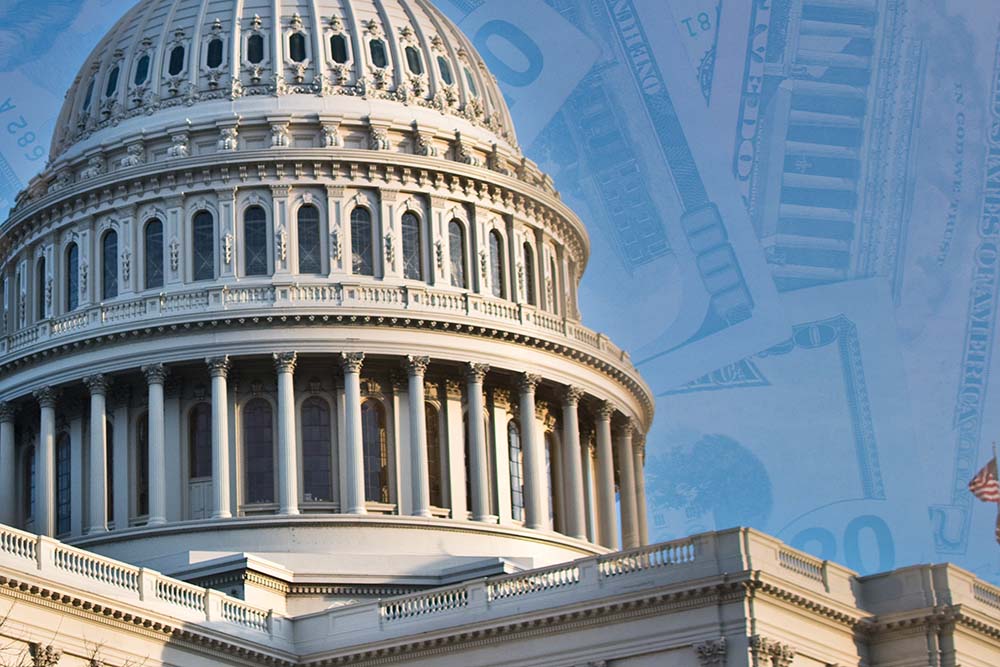
- Details
- By Drummond Woodsum
General Welfare Opportunities:
It has been well-publicized in Indian Country that long-awaited regulations under the General Welfare Exclusion Act of 2014 (the “GWE Act”) are forthcoming. Those regulations may include new Treasury-approved opportunities for Tribes, with respect to providing tax-free general welfare benefits to Tribal citizens and their dependents. However, the GWE Act, its legislative history, and existing IRS guidance already provide Tribes with support to implement general welfare programs that provide a wide-range of potential benefits for all Tribal citizens, without requiring burdensome documentation and/or administrative efforts. Accordingly, Tribes should not wait for the anticipated Treasury regulations and instead act now to provide wide-ranging, uniform general welfare benefits to all Tribal citizens to help address the widespread need in Indian Country.
The legislative history of the GWE Act and IRS Revenue Procedure 2014-35 (the “Revenue Procedure”) expressly provide that Tribes do not have to consider an individual Tribal citizen’s need when providing otherwise eligible general welfare benefits. In addition, the Revenue Procedure includes eighteen (18) categories of benefits that will be deemed to qualify as tax-free general welfare if the amount of the benefit is not lavish or extravagant and if the program otherwise complies with the GWE Act. Also, the legislative history of the GWE Act recognizes that some Tribes provide uniform general welfare benefits to all Tribal citizens. Finally, the GWE Act has suspended all IRS audits of general welfare benefits, pending the issuance of IRS technical assistance and the training of IRS agents. Although the GWE Act leaves open the possibility of retroactive audits, the forthcoming regulations will likely only apply prospectively and will allow Tribes a grace period to come into compliance.
Consequently, Tribes are well-positioned to design and implement a general welfare program that provides wide-ranging and uniform tax-free benefits for any identified needs that are listed in the IRS Revenue Procedure. The Tribe would need to ensure that the amount of the benefit is not lavish or extravagant, that the overall need is well-documented, and that the program otherwise meets the requirements of the GWE Act. For example, the IRS Revenue Procedure allows for tax-free general welfare benefits for Tribal citizens’ mortgage, rent, and/or utilities. As a result, a could Tribe study and document the average housing and utility costs in Tribal citizens’ living areas and provide uniform payments to all Tribal citizens to offset those average costs, without expressly requiring Tribal citizens to document their individual need.
ARPA Fiscal Recovery Funds (FRF)
On January 6, 2022, the Treasury released its Final Rule on (the “Final Rule”) and corresponding Overview of the Final Rule (the “Final Rule Overview”), governing Tribes utilization of FRF funds. The Final Rule gives Tribes “considerable flexibility” to use FRF funds to address the diverse needs of their communities. Significantly, under the Final Rule, a Tribe can now elect to use up to $10,000,000 of its FRF funds to pay for government services during the performance period (funds must be obligated March 3, 2021 – December 31, 2024 and expended by December 31, 2026). Qualifying “governmental services” are very broad and much of a Tribe’s governmental budget would likely qualify. From a practical standpoint, using up to $10,000,00 of ARPA funds to pay for government services would likely allow a Tribe to free up funding previously earmarked for governmental services to use on other costs or programs that might not qualify under ARPA.
ARPA also provides additional flexibility to Tribes to provide pandemic relief payments directly to Tribal citizens and their families. Unlike the CARES Act, ARPA does not require Tribes to make an individualized determination of Tribal citizens’ need in order to provide such payments to combat lost earnings and other costs related to the pandemic. Therefore, with careful planning a Tribe could conduct a study of the pandemic’s financial impact on its citizens generally, document the results, and develop a program to make uniform payments to Tribal citizens in a reasonable amount to help offset these financial burdens. IRS rules permit the structuring of such payments as tax-free general welfare payments and/or disaster relief payments.
In summary, recent developments in the areas of general welfare and ARPA allow Tribes to provide their citizens with wide-ranging, uniform payments to help address Tribes’ well-documented financial needs. If properly designed, it is now possible to eliminate burdensome applications and other administrative requirements that often thwart many citizens access these much-needed benefits.
Help us defend tribal sovereignty.
At Native News Online, our mission is rooted in telling the stories that strengthen sovereignty and uplift Indigenous voices — not just at year’s end, but every single day.
Because of your generosity last year, we were able to keep our reporters on the ground in tribal communities, at national gatherings and in the halls of Congress — covering the issues that matter most to Indian Country: sovereignty, culture, education, health and economic opportunity.
That support sustained us through a tough year in 2025. Now, as we look to the year ahead, we need your help right now to ensure warrior journalism remains strong — reporting that defends tribal sovereignty, amplifies Native truth, and holds power accountable.
 The stakes couldn't be higher. Your support keeps Native voices heard, Native stories told and Native sovereignty defended.
The stakes couldn't be higher. Your support keeps Native voices heard, Native stories told and Native sovereignty defended.
Stand with Warrior Journalism today.
Levi Rickert (Potawatomi), Editor & Publisher
